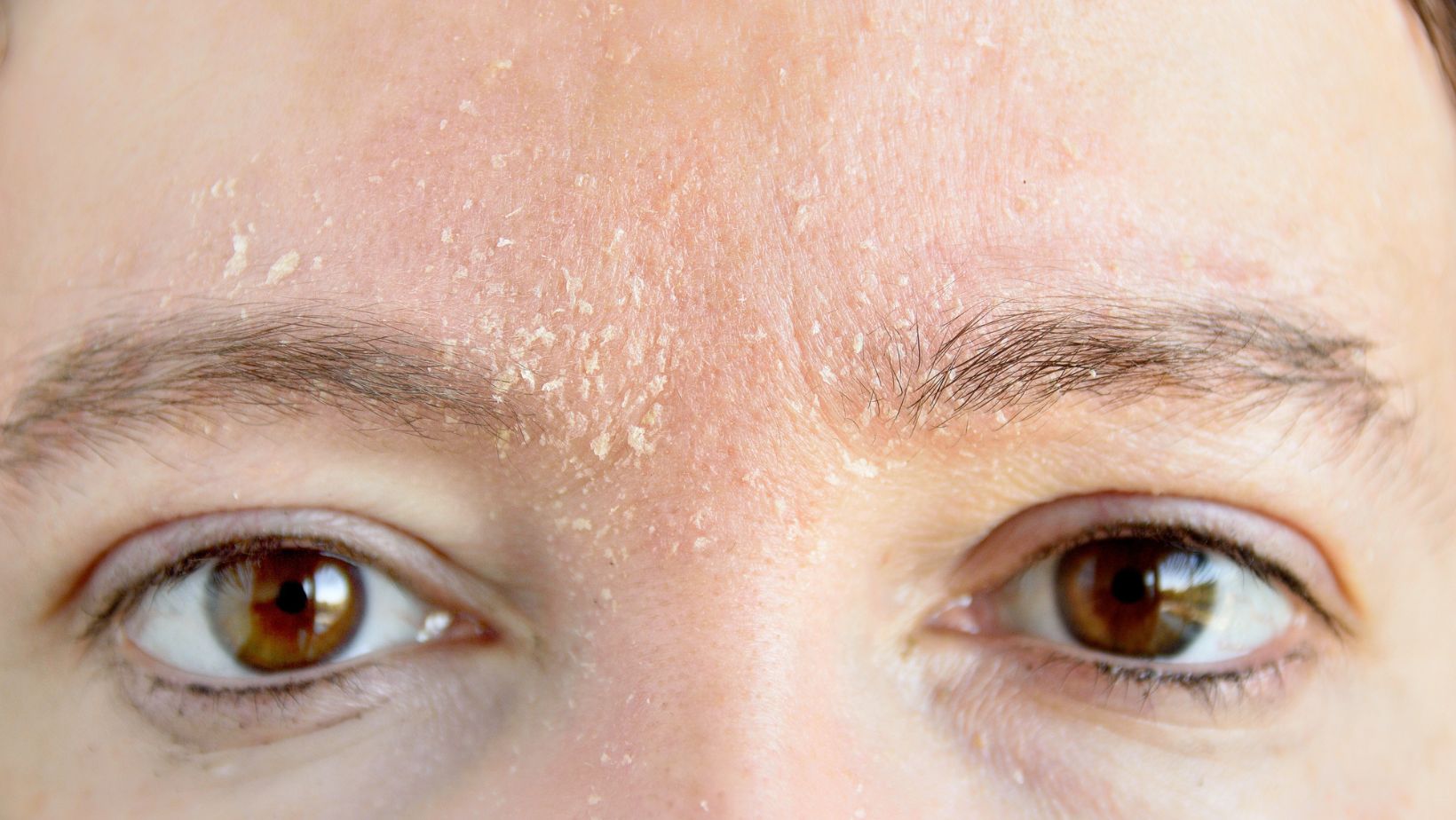Have you ever wondered if that persistent skin irritation could be linked to your trusty air conditioner? As someone who’s experienced mysterious skin issues during the peak of summer, I’ve delved deep into this question. Let’s explore the surprising relationship between your AC unit and your skin health, specifically focusing on dermatitis.
Yes, a Bad AC Unit Can Indeed Cause Dermatitis
The short answer is yes, a malfunctioning or poorly maintained air conditioning unit can contribute to the development or exacerbation of dermatitis. This connection primarily stems from the AC’s impact on indoor air quality and humidity levels, which can directly affect your skin’s health and balance.
How Does a Bad AC Unit Lead to Dermatitis?
Understanding the mechanisms behind this unexpected link is crucial for maintaining both your comfort and skin health.
Excessive Dryness: A Major Culprit in AC-Induced Dermatitis
One of the primary ways a faulty AC unit can trigger dermatitis is by creating an overly dry environment:
- Over-cooling can strip moisture from the air
- Low humidity levels can dehydrate your skin
- Dry skin is more prone to irritation and inflammation
Mold and Mildew: Hidden Triggers in Your AC System
A poorly maintained AC can become a breeding ground for allergens:
- Mold spores can circulate through your home
- These allergens can trigger allergic dermatitis
- Continuous exposure may lead to chronic skin issues
I once ignored the musty smell from my AC, thinking it was normal. Little did I know, it was contributing to my persistent skin rash. Regular cleaning made a world of difference!
Identifying AC-Related Dermatitis: Key Signs to Watch For
Recognizing the symptoms can help you determine if your AC is the culprit behind your skin troubles.
Common Symptoms of AC-Induced Dermatitis
- Dry, itchy, or flaky skin
- Redness or inflammation
- Worsening of existing skin conditions like eczema
- Skin irritation that improves when away from AC environments
When Does AC-Related Dermatitis Typically Occur?
Timing can be a crucial factor in identifying the link:
- Symptoms worsen during peak AC usage months
- Skin improves when on vacation or away from home
- Irritation increases after prolonged exposure to AC
Can You Prevent Dermatitis Caused by a Bad AC Unit?
The good news is that with proper care and attention, you can minimize the risk of AC-related skin issues.
Maintaining Your AC to Protect Your Skin
- Regular cleaning of filters and vents
- Annual professional maintenance checks
- Ensuring proper sizing of your AC unit for your space
Balancing Humidity Levels for Skin Health
Maintaining optimal indoor humidity is key:
- Use a hygrometer to monitor humidity levels
- Aim for 30-50% humidity
- Consider using a humidifier alongside your AC
Treating Dermatitis Caused by a Bad AC Unit
If you suspect your AC is causing skin issues, here’s what you can do:
Immediate Steps to Soothe AC-Induced Skin Irritation
- Use fragrance-free, hypoallergenic moisturizers
- Take shorter, cooler showers to prevent further drying
- Apply a cold compress to relieve itching and inflammation
Long-Term Solutions for AC-Related Dermatitis
For lasting relief, consider these strategies:
- Invest in an air purifier to complement your AC
- Implement a skincare routine tailored for dry environments
- Consult a dermatologist for persistent issues
After struggling with AC-related skin dryness, I started keeping a moisturizing face mist at my desk. A quick spritz every few hours has been a game-changer for my skin comfort!
When to Seek Professional Help for AC-Induced Dermatitis
Sometimes, professional intervention is necessary to address the root cause of your skin issues.
Signs It’s Time to Consult a Dermatologist
- Persistent symptoms despite home remedies
- Development of open sores or infections
- Significant impact on your quality of life
HVAC Specialists: Your Allies in Preventing AC-Related Skin Problems
Don’t forget the importance of professional AC maintenance:
- Schedule annual check-ups for your AC system
- Address any unusual noises or smells promptly
- Consider upgrading older units to more efficient models
Understanding the link between your AC unit and dermatitis is the first step in creating a skin-friendly indoor environment. By maintaining your AC system and staying attentive to your skin’s needs, you can enjoy the comfort of cool air without compromising your skin’s health. Remember, a well-functioning AC should cool your space, not irritate your skin!

